Food Cravings And Fried Chicken: The Deep & Dynamic Connection
Sometimes, a plate of buffalo chicken wings at a football game might hit the spot. Maybe grandma’s chicken cutlets are on the table, and you can’t say no. But when you can’t stop eating chicken, you must question yourself: Why Am I Craving Chicken So Much Right now? The Craving for Chicken goes much deeper than wanting a bowl of chicken soup to comfort your cold; it goes much deeper than that. We’re going to break down the top 5 meanings behind chicken cravings.
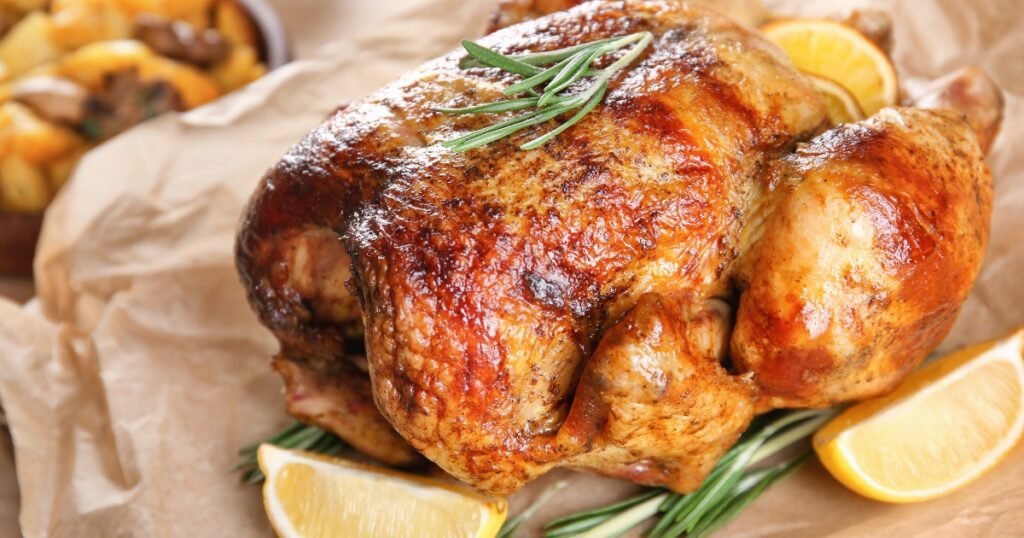
Through years of cooking, tasting, and sometimes overindulging in every chicken dish imaginable, I’ve come to realize that our bodies and minds often tell us more than we think through our cravings.
When you find yourself asking, Why Am I Craving Chicken? It’s a complex interplay of nutritional needs, emotional connections, lifestyle choices, physical demands, and even hormonal fluctuations.
Whether you’re a private chef running a business, someone looking for comfort food in a bucket of fried chicken, or even navigating a pregnancy meat craving, there’s a reason chicken is on your mind.
We’ll dive into the heart of our chicken obsession, leaving no stone unturned and no drumstick uneaten.
We’re trying to understand why we crave certain foods and break down the meaning behind a chicken craving.
Table of Contents
Why Am I Craving Chicken?
We all know chicken is a staple in many diets, celebrated for its versatility in the kitchen and its presence in cuisines around the globe.
From the satisfying crunch of a well-cooked skin to the rich, comforting aroma of a chicken stew simmering on the stove, chicken dishes speak directly to our souls—and, perhaps, our nutritional needs.
Let’s get into it, shall We? Here are the top five reasons behind your chicken cravings:
1. Nutritional Deficiencies

Chicken isn’t just a friend to your taste buds; it’s a powerhouse of essential amino acids and nutrients your body may be craving for specific reasons.
Protein Punch: Chicken is a fantastic source of high-quality protein, vital for muscle repair, growth, and overall bodily functions. When you’re craving chicken, your body might signal a need for more protein, especially after a workout or during periods of growth and repair.
B Vitamins Galore: Chicken is rich in B vitamins, particularly B12, crucial to brain health and energy levels. If you’re feeling lethargic or a bit foggy, a craving for chicken might be your body’s way of asking for a B-vitamin boost.
Iron and Other Minerals: Especially in darker cuts like thighs and drumsticks, chicken provides iron, which is essential for energy and combating fatigue. If you’re feeling exhausted, your body might crave iron-rich foods.
Health Benefits:
Muscle Maintenance: The high protein content supports muscle health, making chicken a go-to for athletes and anyone looking to stay fit.
Energy and Mood: Thanks to its B vitamins, eating meat like chicken can help improve energy levels and stabilize mood, acting like a natural pick-me-up.
Immune Support: Certain nutrients in chicken, like selenium, are known for supporting the immune system so that craving could be your body’s way of gearing up defenses.
Potential Risks:
Watch the Fat: While chicken, especially skinless breast, is considered lean, some cuts can be high in fat and cholesterol. Moderation is key.
Contamination Concerns: Improperly cooked or handled chicken can be a source of foodborne illnesses. Always ensure your chicken is cooked thoroughly to avoid any risks.
2. Psychological Factors
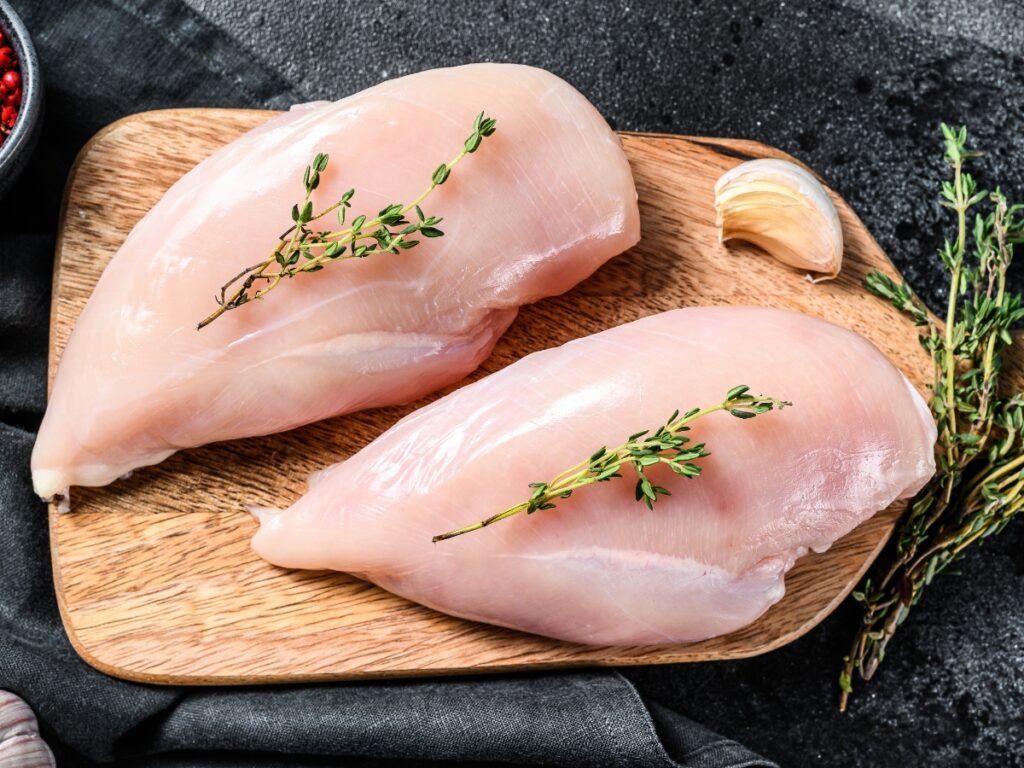
Craving meat often has roots that reach deep into our psyche, tapping into emotions, memories, and even our need for comfort and satisfaction.
Comfort Food Connection: Chicken dishes are the epitome of comfort food for many. Think about it: chicken noodle soup when sick, a hearty chicken pot pie on a chilly evening, or the smell of chicken roasting in the oven. These are not just meals; they’re memories on a plate. Our craving for chicken might be a subconscious attempt to recreate these warm, comforting feelings during stress or nostalgia.
Cultural and Social Influences: Chicken is a staple in numerous cultures worldwide, often featured in celebratory meals and family gatherings. Craving chicken could be linked to a longing for connection or a reminder of cultural heritage and family traditions.
Mood Enhancer: Evidence suggests that consuming protein-rich foods like chicken can influence brain chemistry, potentially improving mood and reducing symptoms of depression and anxiety. When feeling down, our body might crave chicken as a natural mood booster.
The Psychological Payoff:
Emotional Satisfaction: Indulging in a favorite chicken comfort food dish can provide emotional well-being and soothe stress and anxiety.
Memory Lane: Eating chicken can be a sensory trip down memory lane, rekindling happy memories and feelings of nostalgia.
Social Connection: Sharing a chicken meal with friends or family can strengthen bonds and foster a sense of belonging and community.
Mindful Considerations:
Emotional Eating Awareness: While seeking comfort in food occasionally is perfectly healthy, it’s important to be mindful of emotional eating patterns and find balance with other coping mechanisms.
Cultural Appreciation: Embrace and explore the diverse cultural significance of chicken dishes, enriching your culinary experiences and understanding.
Understanding the psychological underpinnings of our chicken cravings can enrich our relationship with food, transforming each bite into an opportunity for emotional nourishment and reflection.
3. Diet and Lifestyle Choices
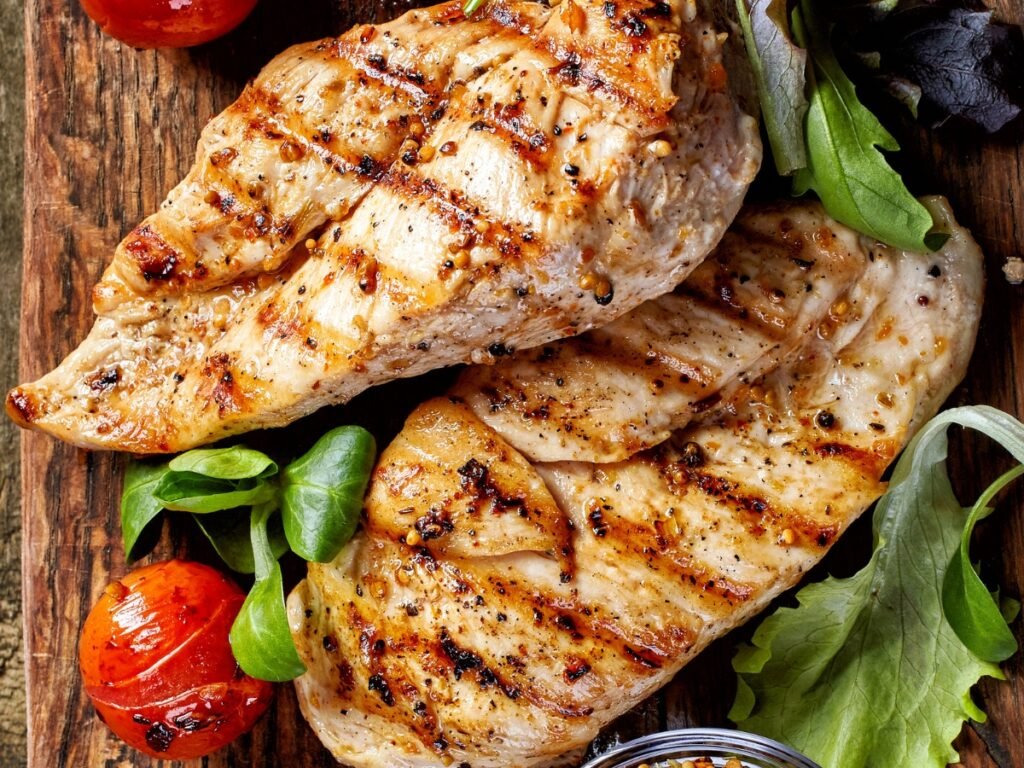
Our cravings for chicken are not just whispers from our bodies or echoes of our past; they’re also significantly shaped by the choices we make every day.
In the world of diets and lifestyle trends, chicken often emerges as a star player, fitting seamlessly into various eating plans and health goals.
Flexibility in Diets: Whether you’re following Keto, Paleo, low-carb, or high-protein diets, chicken is a poster child for versatility. It can be grilled, roasted, baked, or stir-fried, adapting to your dietary needs without skipping a beat. This adaptability makes chicken crave-worthy for those trying to stick to specific eating plans.
Health and Fitness Goals: For the health-conscious and fitness enthusiasts, chicken is a go-to source of lean protein for muscle building and weight management. Its ability to satiate hunger and provide sustained energy makes it a favorite among those looking to fuel their workouts or shed some pounds.
Convenience and Availability: Let’s not underestimate the power of convenience. In our fast-paced lives, chicken is readily available and easy to prepare, making it an appealing, quick, and nutritious meal option; this accessibility can often translate into cravings.
Lifestyle Benefits:
Nutritional Balance: Chicken fits into a balanced diet, providing essential nutrients without many calories or unhealthy fats.
Supports Fitness Regimens: Its high protein content is ideal for muscle repair and growth, making it a staple in the diets of athletes and those with active lifestyles.
Meal Prep Friendly: Chicken’s versatility makes it a dream for meal preppers. Cook it in bulk, and you have a protein source ready for weekly meals.
Considerations for Balance:
Variety is Key: While chicken can be a healthy part of your diet, it’s important to mix things up with other protein sources like fish, legumes, and tofu to ensure you’re getting a range of nutrients.
Mindful Cooking Methods: Opt for healthier cooking methods like grilling, baking, or poaching to keep your chicken dishes nutritious and avoid added fats.
4. Physical Activity Levels
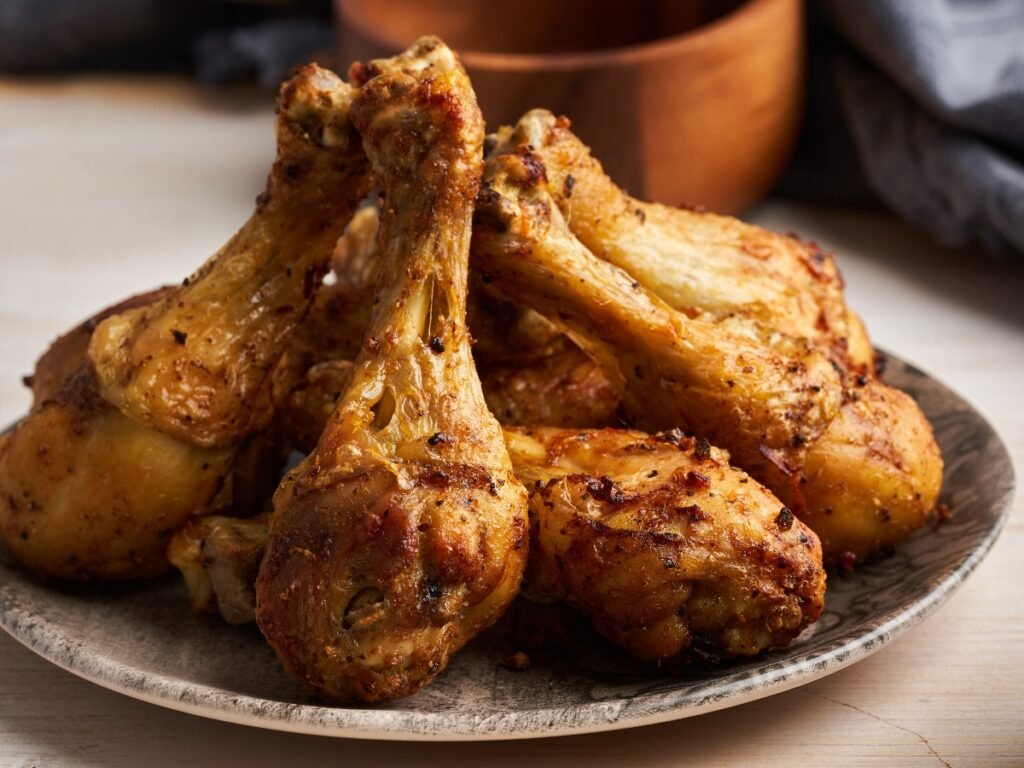
For those of us constantly on the move, engaging in regular workouts, a daily diet, or living an active lifestyle, the body’s demand for nutrients, especially protein, skyrockets.
Chicken, being a prime source of lean protein, often becomes the hero of our post-workout meals or the go-to choice to satisfy our heightened nutritional needs.
Fuel for Recovery: After a grueling workout, your muscles are in dire need of repair. Protein is crucial for this recovery process, and chicken provides the high-quality protein your body craves to mend and strengthen muscle fibers.
Satiety and Weight Management: Engaging in physical activities increases metabolism and, subsequently, hunger. Chicken is rich in protein and provides a feeling of fullness, helping curb hunger and assist in weight management. It’s the perfect combo to keep you satisfied and on track with your fitness goals.
Energy Boost: Beyond protein, chicken contains nutrients like iron and B vitamins essential for energy production. For those leading an active lifestyle, incorporating chicken into our diet ensures we have the stamina to power through our day and workouts.
Active Lifestyle Perks:
Enhanced Muscle Growth: Regular chicken consumption supports the growth and maintenance of muscle mass, which is vital for anyone looking to tone up or bulk up.
Improved Performance: The nutrients found in chicken aid in recovery and improve overall athletic performance, making it easier to hit those personal bests.
Versatility for Meal Planning: Chicken can be prepared in advance and added to various meals throughout the week, ensuring you’re always ready with a protein-packed option post-exercise.
Active Considerations:
Hydration and Balance: While focusing on protein intake, don’t forget the importance of staying hydrated and balancing your diet with fruits, vegetables, and whole grains for a full spectrum of nutrition.
Quality Matters: Opt for organic or free-range chicken to avoid antibiotics and hormones, fueling your body with the best quality protein.
For those of us constantly pushing our limits, chicken isn’t just food; it’s fuel. The building block of muscle tissue supports our active bodies, helping us recover, grow, and thrive.
5. Hormonal Changes: Craving Chicken While Pregnant

Hormonal fluctuations, particularly in women during their menstrual cycle, pregnancy, or even menopause, can lead to specific food cravings as the body seeks to balance and fulfill its changing nutritional needs.
Pregnancy and Nutrient Demand: During pregnancy, the body’s requirement for certain nutrients, such as protein, iron, and B vitamins, increases significantly to support fetal development. Craving chicken could be the body’s intuitive push towards foods rich in these essential nutrients.
Menstrual Cycle Cravings: In the days leading up to menstruation, women might experience cravings for protein-rich foods like chicken to replenish iron lost during this time and boost energy levels that can dip due to fluctuating hormone levels.
Emotional Comfort: Hormonal changes can also affect mood and emotional well-being, leading to cravings for comfort foods. Chicken, with its versatile and often comforting preparations, can satisfy this need on both a nutritional and emotional level.
Hormonal Harmony Benefits:
Supports Fetal Development: For expecting mothers, including chicken in the diet can contribute to the healthy growth and development of the fetus.
Balances Nutrient Levels: During the menstrual cycle, consuming chicken can help replenish lost nutrients and maintain energy levels.
Emotional Well-being: Satisfying cravings with a nutritious option like chicken can also offer emotional comfort during hormonal fluctuations.
Mindful Eating During Hormonal Fluctuations:
Listen to Your Body: While it’s important to heed your cravings, balance them with a varied diet to ensure you get a broad spectrum of nutrients.
Choose Wisely: Opt for lean cuts and healthy cooking methods to maximize the benefits of consuming chicken during hormonal changes.
Moderation is Key: Even healthy foods can lead to excess if not consumed in moderation. Enjoy chicken as part of a balanced diet with plenty of vegetables, fruits, and whole grains.
When you crave meat, particularly for nutrient-dense foods like chicken, it can be a sign of your body’s remarkable ability to seek out what it needs to maintain balance and health during these times.
Conclusion

With its high protein content, versatility in cooking, and cultural significance, chicken satisfies our hunger and our need for comfort, connection, and nourishment on multiple levels.
It’s clear that our cravings for chicken and other foods are more than just whims; they are signals from our body seeking balance, nutrition, and comfort.
Balancing chicken with other proteins and nutrient-rich foods ensures a well-rounded diet that supports your health and satisfies your cravings.
Whether it’s your body’s way of telling you it needs certain nutrients, a desire for the comfort found in a familiar dish, or simply the need for a satisfying meal that fits your healthy lifestyle well, chicken is there to fulfill those needs in the most delicious way possible.
FAQ And Additional Information:
How Do I Stop Craving Chicken?
If you constantly crave chicken and are looking for ways to curb these cravings, here are several strategies you might consider to satisfy meat cravings. T0
These tips aim to address both the physical factors and the nutritional and psychological aspects of food cravings:
1. Diversify Your Protein Sources
Incorporating various high-protein foods into your diet can help reduce cravings for chicken specifically. If you have a protein deficiency, add more fish, lean beef, pork, tofu, beans, lentils, nuts, and seeds to your meals.
2. Balance Your Meals
Ensure your meals are balanced with a good mix of carbohydrates, fats, and proteins. A balanced diet can help stabilize blood sugar levels, reducing the likelihood of specific food cravings. Include plenty of whole grains, vegetables, and healthy fats in your meals alongside your protein sources.
3. Address Nutritional Deficiencies
If you’re constantly craving chicken, it might be worth considering whether you get enough iron, vitamin B12, or other nutrients from your diet.
4. Stay Hydrated
Thirst can often be mistaken for hunger or food cravings. Make sure you’re drinking plenty of water throughout the day. Sometimes, drinking a glass of water can help reduce cravings for such foods.
5. Explore New Recipes and Flavors
Sometimes, cravings stem from a desire for variety in food groups or specific flavors. Experiment with new recipes and flavors using different ingredients.
6. Mindful Eating Practices
Pay attention to your eating habits. Eating mindfully involves focusing on your food, savoring each bite, and paying attention to feelings of hunger and fullness. Mindful eating can help you recognize whether you’re eating out of hunger or habit and can be a powerful tool in managing cravings.
7. Psychological Strategies
If you suspect your cravings are more psychological (e.g., comfort eating), finding healthier alternatives to cope with emotions can be beneficial. Walking, meditating, journaling, or talking to a friend can offer comfort and distraction without turning to food.
8. Plan Your Meals
Planning your meals can help you make healthier food choices and reduce the temptation to indulge in particular food cravings. If you have a plan for what you’re going to eat, you’re less likely to crave and consume foods impulsively.
Craving Chicken Before Period
To crave chicken specifically before your period is a common experience for many women, often linked to the hormonal fluctuations that occur throughout the menstrual cycle.
Why You Crave Chicken Before Your Period
Nutritional Needs: In the days leading up to your period, your body prepares for potential pregnancy and then menstruation, which can increase the need for certain nutrients, such as iron, protein, and B vitamins. Chicken is a rich source of these nutrients, so craving chicken could be your body’s way of signaling its nutritional needs.
Hormonal Fluctuations: The hormonal changes before menstruation, particularly the decrease in estrogen and progesterone, can impact your serotonin levels, a neurotransmitter that affects mood and appetite. Lower serotonin levels can increase hunger and cravings for protein-rich foods like chicken.
Emotional Comfort: Pre-menstrual syndrome (PMS) can also bring about a range of emotions, including stress, anxiety, or mood swings.
Managing Cravings
Balance Your Diet: Ensure you eat a balanced diet with various nutrients. Including other iron and protein-rich foods, such as leafy greens, legumes, nuts, and seeds.
Plan for Healthy Snacks: Keep healthy snacks on hand that are rich in protein and fiber. Snacks like yogurt, mixed nuts, or a piece of fruit can help manage cravings by keeping you satisfied longer.
Stay Hydrated: Drink plenty of water, as hydration can sometimes reduce cravings. Sometimes, our bodies can confuse dehydration with hunger.
Physical Activity: Regular physical activity can help regulate hormones and improve mood, potentially reducing cravings.
Mindful Eating: Pay attention to your hunger cues and try to eat mindfully, focusing on the taste and texture of your food, which can help you find more satisfaction in your meals and may reduce the intensity of cravings.

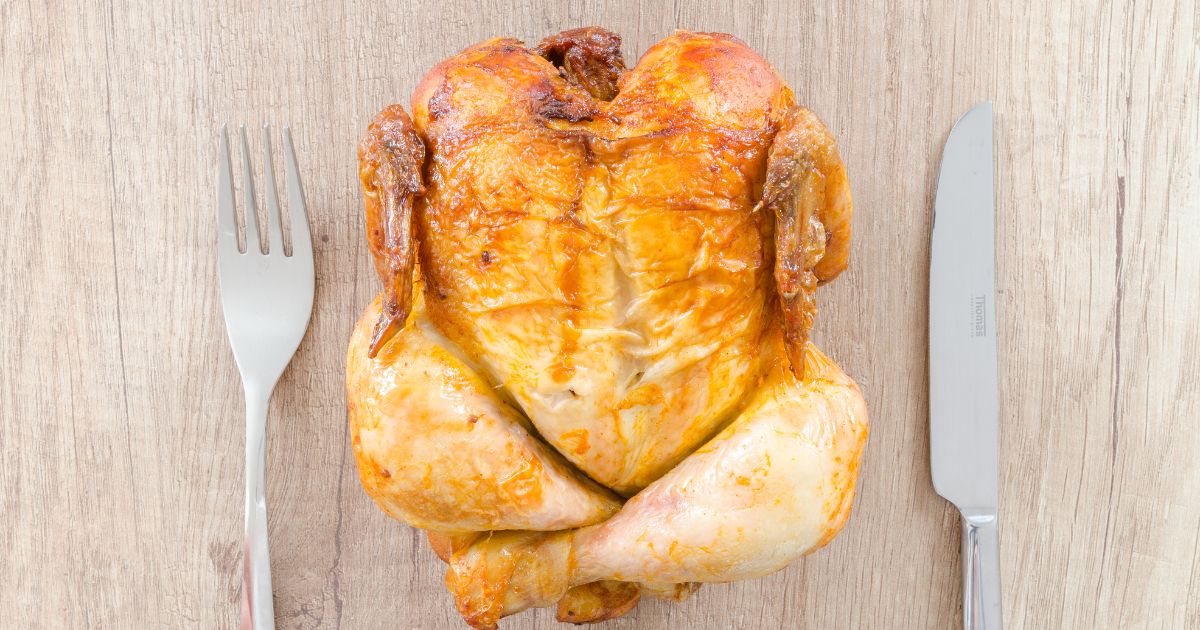




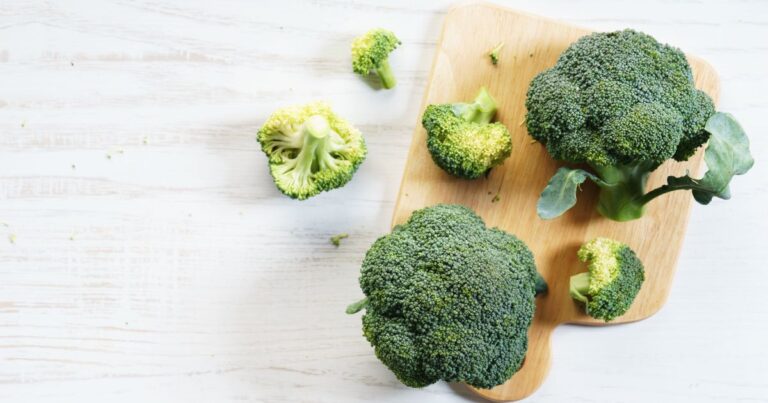
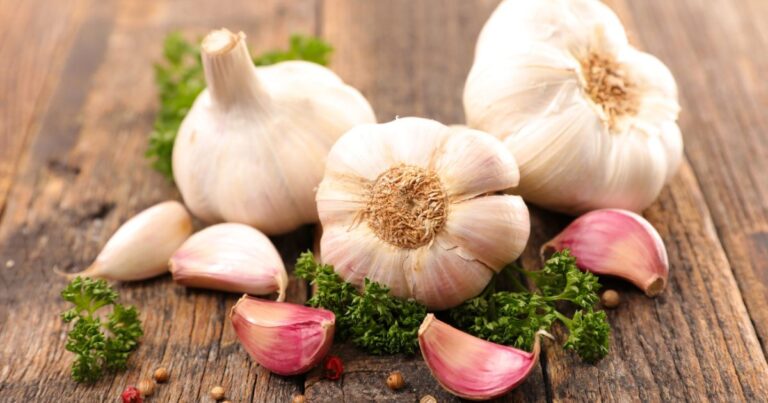
One Comment